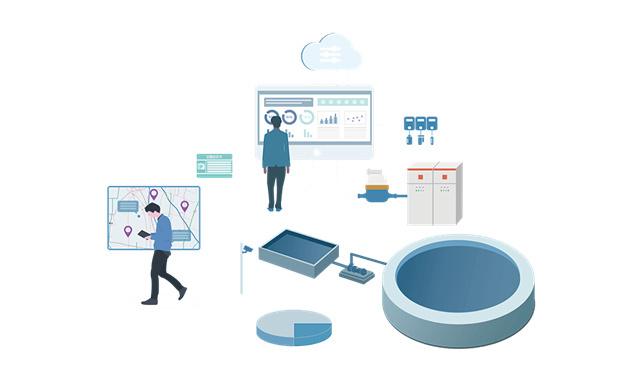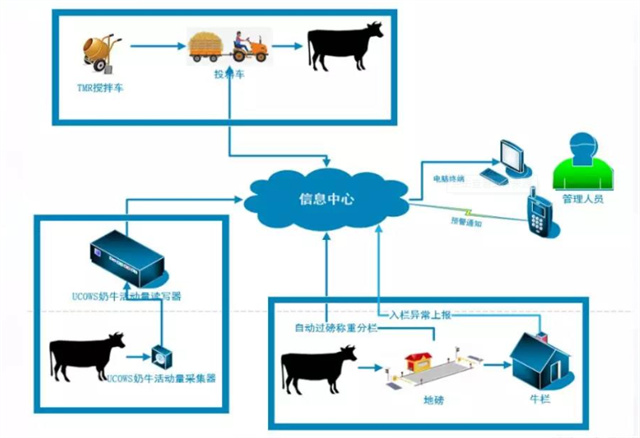With the rapid development of the Internet of Things, various smart devices continue to emerge, which bring many conveniences to our lives. The efficient and stable interconnection between these devices is inseparable from the technical support of the connection. DTU (Data Transfer Unit), as a connection artifact in the Internet of Things era, plays a key role.

First, let us understand the definition of DTU. DTU is a device used to convert analog or digital signals from sensors or other devices into serial data and transmit them to a remote terminal through a network . It usually has a variety of interfaces, such as RS485, RS232, Ethernet, etc., and can adapt to different types of sensors and equipment. Through DTU, the data collected by the sensor can be transmitted remotely through the network, thus realizing remote interconnection between devices.
DTU plays the role of a bridge in the Internet of Things, connecting various devices and bringing together their data. Imagine that various sensors are used in farmland to monitor soil moisture, temperature and other information, and these sensors are distributed in different areas. The traditional approach is to connect each sensor to a central controller and then transmit the data to the server. With DTU, sensors in different areas can be connected to the server through DTU, eliminating the need for long-distance wiring, which greatly reduces costs and maintenance difficulty.
In addition to its application in farmland, DTU can also be widely used in smart homes, industrial automation, environmental monitoring and other fields. In smart homes, through the connection of DTU, people can control lights, curtains, air conditioners and other equipment through mobile phones or other terminal devices to achieve an intelligent living experience. In industrial automation, DTU can transmit sensor data collected to the monitoring center in a timely manner to improve production efficiency and ensure production safety. In environmental monitoring, DTU aggregates sensor data and uploads it to the server for environmental data analysis and early warning.

In addition to connecting devices, DTU also has data processing and secure transmission functions. It can preprocess and filter the data collected by the sensor to improve the accuracy and reliability of the data. At the same time, DTU supports a variety of network communication protocols, such as TCP/IP, MQTT, etc., to ensure safe data transmission. This is crucial in the IoT era and can effectively prevent data leaks and attacks.
All in all, DTU, as a connection artifact in the Internet of Things era, connects various smart devices together, conducts data transmission and remote control through the network, and improves the interconnectivity and intelligence level between devices . Its wide range of applications covers farmland, smart homes, industrial automation, environmental monitoring and other fields. Moreover, DTU also has data processing and secure transmission functions to ensure data accuracy and confidentiality. I believe that in the near future, DTU will show its unlimited potential in more fields.